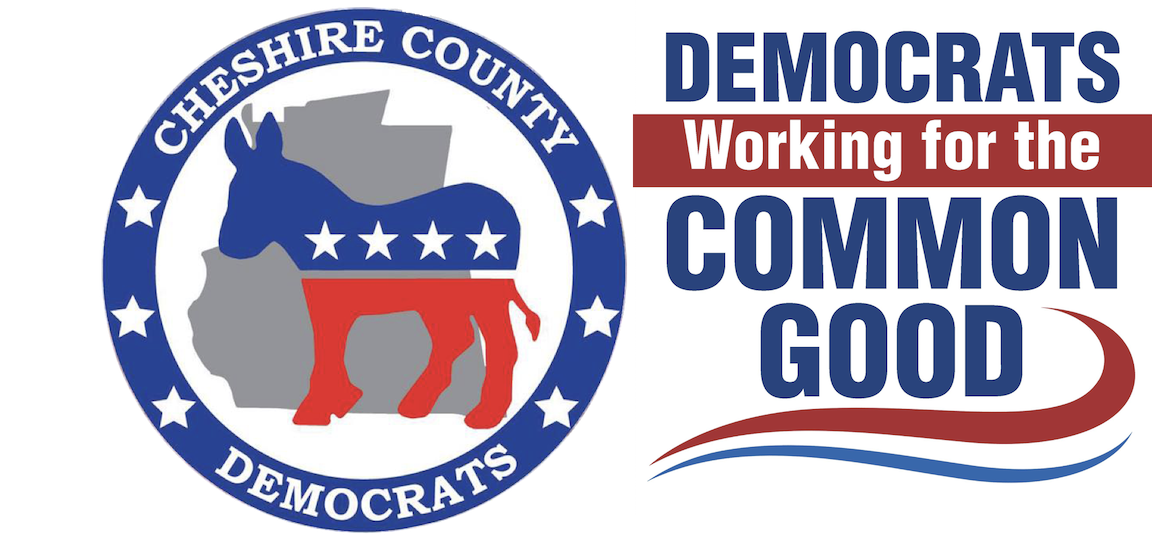What Is the Democratic Story?
Choosing between a focus on race or class is the wrong choice to begin with.
By David Brooks
Opinion Columnist

There’s a lot of discussion about how far left the Democratic Party should go these days. Is it destroying its electoral chances when its members call for a single-payer health plan or abolishing ICE?
That’s an important question, but the most important question is what story is the Democratic Party telling? As Alasdair MacIntyre argued many years ago, you can’t know what to do unless you know what story you are a part of. Story is more important than policies.
We post-Cold War Americans haven’t really settled on what story we are a part of. We’ll flock to anybody who can tell us a story that feels true.
The story Donald Trump tells is that we good-hearted, decent people of Middle America have been betrayed by stupid elites who screw us andbeen threatened by foreigners who are out to get us. That story resonated with many people. You can get a lot of facts wrong if you get your story right.
Back in the 1980s, the Democrats told two different stories. One was the compassion story associated with Mario Cuomo and Ted Kennedy: Too many Americans are poor, marginalized and left behind. We must care for our brothers and sisters because we are all one family.
The other was the brainpower/meritocracy story associated with Gary Hart and later the New Democrats: Americans are masters at innovation. We must use our best minds to come up with innovative plans to solve our problems and head into a new technological century.
I don’t hear those two stories much anymore. The Democrats are emphasizing fighting grit these days, not compassion or technocratic expertise.
Today’s Democrats tell two other stories. The first is the traditional socialist story associated with Bernie Sanders: America is rived by the class conflict. The bankers and the oligarchs are exploiting the middles. We need a fighter who will go out and battle concentrated economic power.
The second is the multicultural story: American history has been marked by systems of oppression. Those who have been oppressed — women, African-Americans, Latinos — need to stand together and fight for justice.
Racial justice socialism seems to be the story of the contemporary left. This story effectively paints Trump as the villain on all fronts, and Democrats do face the distinct problem of how to run against a bully like Trump. But is it good politics for the entire Democratic Party to embrace it?
Well, we should humbly admit we’re in virgin territory at a time when all the tectonic plates are shifting.
But we do know that no national Democrat has ever fully embraced this story successfully. In fact, Democrats like Bill Clinton and Barack Obama went to great lengths to assure people they were not embracing this story.
They did because Americans trust business more than the state, so socialism has never played well. They did it because if you throw race into your economic arguments you end up turning off potential allies in swing states like Wisconsin, Iowa and Pennsylvania. They did it because if you throw economics into your race arguments you end up dividing your coalitions on those issues.
In brief, Democrats have stayed away from this narrative because the long hoped-for alliance between oppressed racial minorities and the oppressed white working class has never materialized, and it looks very far from materializing now.
Maybe this year is different, but for 100 years, Democrats have tended to win with youthful optimism and not anger and indignation. The Democrats who have won nationally almost all ran on generational change — on tired old America versus the possibilities of new America: F.D.R.’s New Deal, J.F.K.’s New Frontier, Bill Clinton’s bridge to the 21st century and Obama’s hope and change.
If I had to advise on a Democratic narrative I’d start with three premises: First, by 2020 everybody will be exhausted by the climate of negativism and hostility. Second, the core long-term fear is American decline; are we losing our mojo? Third, communities and nations don’t come together when they talk about their problems; they come together when they do something on behalf of their children.
Maybe the right narrative could be rebuilding social mobility for the young: America is failing its future. We need to rally around each other to build the families, communities, schools, training systems and other structures to make sure the next generation surpasses this one. People are doing this at the local level, and we need a series of unifying projects to make national progress.
This story pushes people toward reconciliation. It is future-oriented. It points to a task that we urgently need to undertake. But who knows what will work. We’re walking into the unprecedented.
Follow The New York Times Opinion section on Facebook and Twitter (@NYTopinion), and sign up for the Opinion Today newsletter.
David Brooks became an Op-Ed columnist in 2003. His column appears every Tuesday and Friday. He is currently a commentator on “PBS NewsHour,” NPR’s “All Things Considered” and NBC’s “Meet the Press,” and is also a best-selling author.


